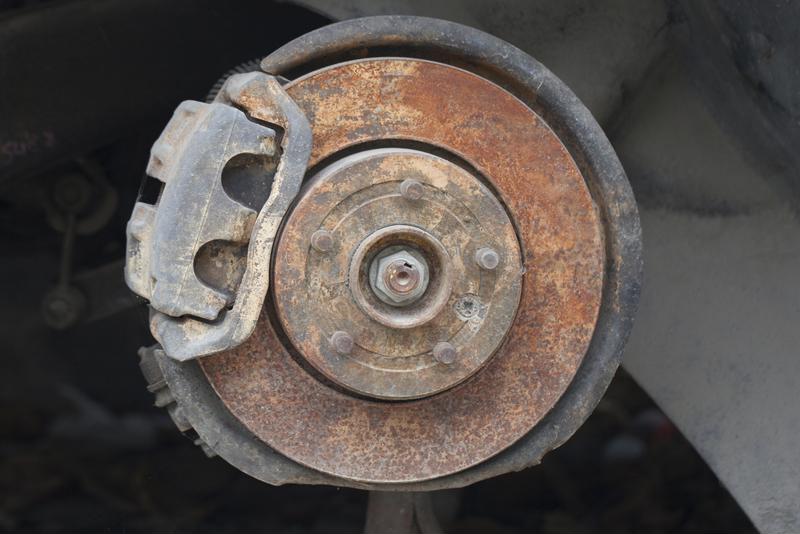

Brakes are one of the most important parts of a vehicle when it comes to helping people get from Point A to Point B safely. As such, auto parts manufacturers are increasingly focused on ensuring those components remain in good shape. Those efforts include more effective brake sensors that can inform vehicle owners when it's time to schedule maintenance.
These sensors may be particularly necessary as other driving technology emerges, such as advanced driver assistance systems, according to Transport Topics. Drivers — whether they are individuals driving to and from work or employees at a business utilizing delivery vehicles — need to know the condition of their brakes. That may not be true on an ongoing basis, but it can certainly help to know when these components are reaching the end of their life cycle or otherwise need a bit of maintenance.
However, with automated driving likely to become far more common in the next decade-plus, these kinds of sensors take on a new role, including when to engage the brakes in a number of driving conditions, the report said.
"Sensing is a key component of the future of our industry," Brett Wacker, a longtime fleet maintenance executive, told the site. "In the absence of the human, you have to have the ability to know whether things are working or not working."

What can they do?
Improvements in technology over the past decade have allowed brake sensors to take a great leap forward in the past several years, to the point that computers in a vehicle can now not only tell when pads are wearing down, but estimate far in advance how much more usage they have until breakdown, according to Tomorrow's Technician. For that reason alone, drivers or technicians may have more information at their disposal about what constitutes proper maintenance for any vehicle.
That, in turn, allows them to make better maintenance decisions on an ongoing basis, the report said. In many cases, installing new brakes may be expensive, but when drivers have even a ballpark estimate of how long it will be until those brakes fail, they may be more proactive about making the change.
Building on the foundation
Of course, brake sensor technology is already putting in plenty of work, whether it's in the form of working under an automatic braking system or adding to stability control, according to Body Shop Business. But what makes this new tech so important is human drivers can currently sense when something feels "off" when they press the brake pedal, but it may not always be easy for the computers that power even the most basic driver-assist features to tell the same.
The problem may be exacerbated when replacement brake pads are installed, the report said. These new pads aren't likely to be exactly the same as the ones they replaced, and the computer will have to adapt effectively to those new conditions. Sensors may be critical to allowing them to do that.
Greening Testing Laboratories is a fully certified brake testing lab that provides a variety of brake testing services worldwide. Contact Greening Associates for a complimentary consultation.